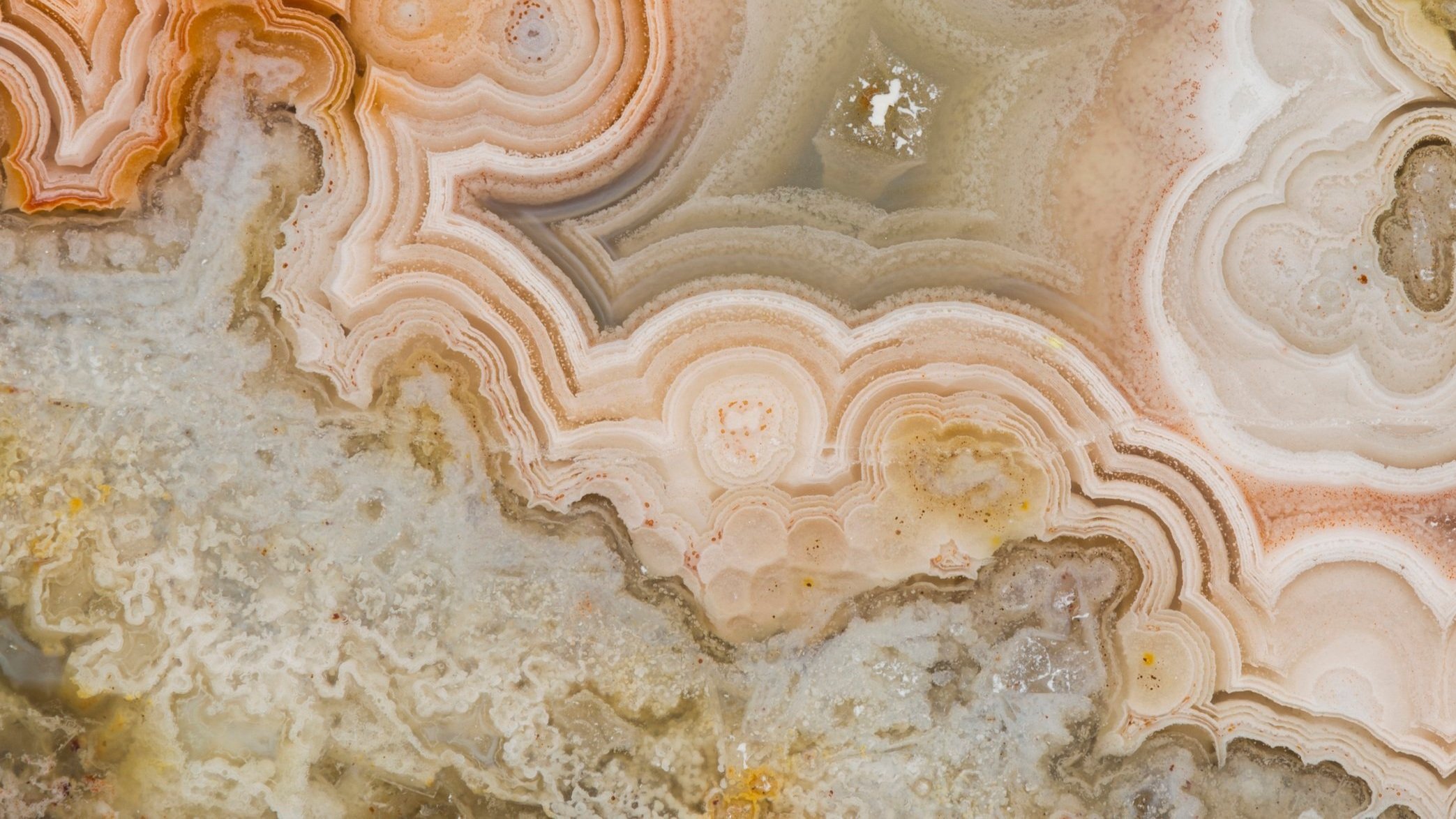Are you suffering from a blocked ear?
WHAT IS EARWAX?
Earwax is a mixture of different things like dead skin cells, hair, and secretions from the glands in our ear canal. These glands work together to make a waxy, oily substance called earwax. While it may seem like a bother, earwax is actually really important for our ear
Here are some key points about earwax and its importance:
Earwax exists to protect and lubricate the ear canal, preventing irritation and infection.
It also acts as a barrier against dirt, dust, and other foreign particles from entering the ear.
Earwax has antibacterial and antifungal properties that help keep the ear clean and free from harmful microorganisms.
It can help maintain the pH balance of the ear, keeping it healthy and functioning properly.
Earwax is a self-cleaning mechanism, as it naturally moves out of the ear canal, carrying any trapped debris with it.
If earwax is removed excessively or incorrectly, it can lead to ear infections, dryness, and other ear-related issues.
Overall, earwax is vital for maintaining the health and well-being of our ears. Is there anything else you would like to know about earwax?
eAR WAX SYMPTOMS
Some common symptoms of excess earwax or blockage include:
Earache
Hearing loss or muffled hearing
Ringing in the ears (tinnitus)
Feeling of fullness or pressure in the ear
Itching or irritation in the ear
Dizziness
Coughing or gagging (if the earwax is touching the eardrum)
EAR WAX & BLOCKED EAR
The body naturally produces earwax, and for most people, it goes unnoticed and doesn't cause any issues. However, it's estimated that in the UK alone, 1.3 to 3.9 million people experience a build-up of impacted earwax, also known as "cerumenosis". This can cause symptoms such as a blocked ear, which can be caused by various ear and health-related problems. Although it can be a common symptom of earwax build-up, it's important to seek professional advice to rule out other potential causes.
What will happen if I don't have my earwax removed?
If there is too much earwax in your ears, it can cause discomfort and other issues. If you ignore it, you may experience earache, difficulty hearing, or a persistent ringing in your ears called tinnitus. However, checking for other possible causes, like ear infections or colds, is important before removing the earwax.
how often should i have my earwax removed?
How often earwax needs to be removed can differ from person to person. Some may need it less often, while others may need it more frequently. It's important to keep an eye on your ear health and consult a professional if you experience discomfort or any changes in your hearing. Your audiologist can give you personalized guidance on how to keep your ears clear and healthy.

“The first wealth is health..”
Ralph Waldo Emerson



